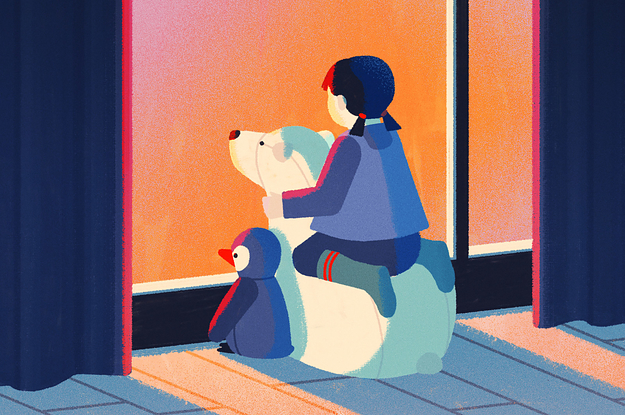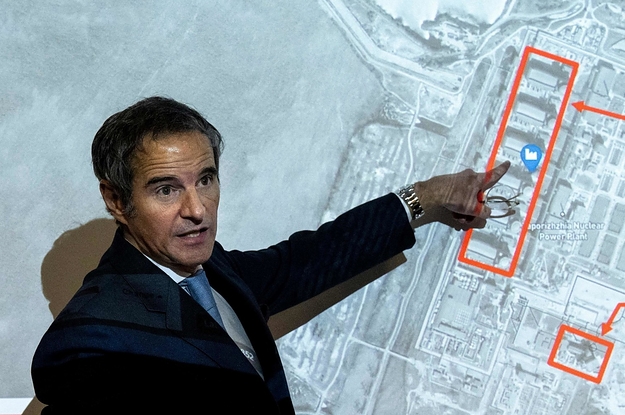Prospect of medical therapies that rewind clock for humans edges a little closer
The prospect of medical therapies that rewind the clock on the ageing process has edged a little closer after scientists safely rejuvenated tissues in middle-aged mice.
Researchers in the US treated healthy animals with a form of gene therapy that refreshed older cells, making the animals more youthful according to biological markers that are used to measure the effects of ageing.
Continue reading...
